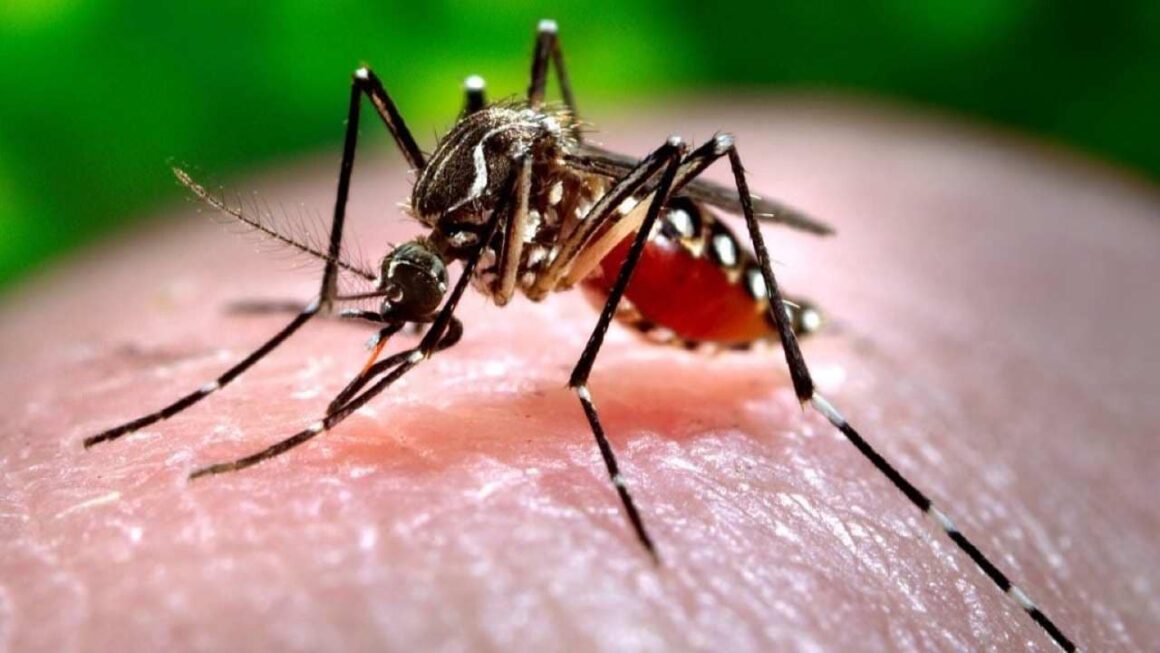Nagpur, a city in Maharashtra, India, has declared a public health emergency due to a sudden rise in Chikungunya and Dengue cases. As more people fall ill from these mosquito-borne diseases, authorities are urgently implementing measures to control the outbreak and protect public health.
The Rising Threat of Chikungunya and Dengue
Chikungunya
Chikungunya is a viral disease spread by infected mosquitoes, especially Aedes aegypti and Aedes albopictus. Symptoms include fever, joint pain, muscle aches, headache, and rash. Although it rarely causes death, the severe joint pain can last for weeks or months, severely affecting the quality of life.
Dengue
Dengue is another viral infection transmitted by Aedes mosquitoes. Its symptoms range from mild flu-like signs to severe complications like Dengue Hemorrhagic Fever or Dengue Shock Syndrome, which can be life-threatening. Early detection and quick medical treatment are essential for managing Dengue effectively.
Factors Contributing to the Outbreak
Monsoon Season
During the monsoon season in India, stagnant water becomes a breeding ground for mosquitoes, and the high humidity contributes to their rapid population growth, increasing the risk of disease spread.
Lack of Adequate Vector Control Measures
Inadequate measures such as regular fogging, spraying larvicide, and running community awareness campaigns can lead to the uncontrolled spread of mosquito-borne diseases in urban areas like Nagpur. It’s critical to address these shortcomings to prevent future outbreaks.
Response and Measures Taken
Public Health Emergency Declaration
Declaring a public health emergency in Nagpur shows the seriousness of the situation and the need for immediate action. This allows authorities to allocate more resources, implement preventive actions, and mobilize healthcare professionals to manage the outbreak efficiently.
Intensified Vector Control Activities
To stop the spread of Chikungunya and Dengue, intensified vector control efforts, such as targeted fogging, reducing larval sources, and community clean-up drives, are being carried out across Nagpur. These steps aim to reduce mosquito breeding sites and lower the risk of disease transmission.
Increasing public awareness about the symptoms of Chikungunya and Dengue, preventive measures, and the importance of seeking medical help early is crucial for containing the outbreak. Sharing information through media, community programs, and educational initiatives can help individuals protect themselves and their loved ones.
Nagpur’s declaration of a public health emergency highlights the urgent need for coordinated efforts to fight the rise in Chikungunya and Dengue cases. By prioritizing vector control, enhancing healthcare infrastructure, and promoting community involvement, authorities can lessen the impact of these diseases and ensure the safety of residents. It’s essential for everyone to stay alert, take preventive measures, and seek medical help quickly if they show symptoms of Chikungunya or Dengue.

